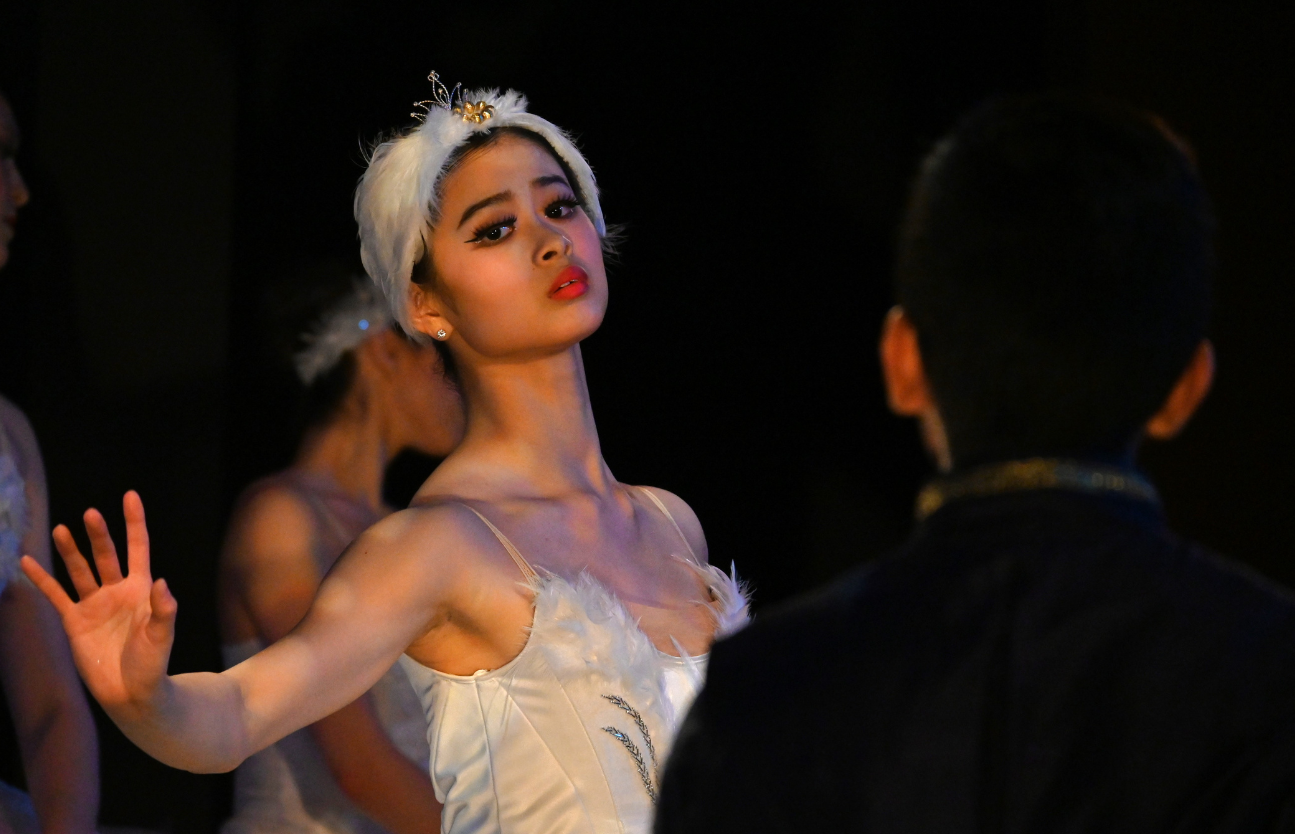Guillermo del Toro’s latest film, Pacific Rim, is as predictable as the tides. It features a protagonist who is so incredibly bland that you could replace him with a Golden Retriever and nothing much would change; it has a gruff father figure whose ultimate fate is a surprise to precisely no one; and it has a young girl with a traumatic past who begs for a chance to join in on the action and ends up being even better than the trained soldiers. The pace of the plot is familiar to anyone who’s seen any movie within the past 100 years: the ragtag group of heroes come together to defeat the odds and save the world, while managing to have closure on their personal lives at the same time. Gigantic robots fight huge otherworldly monsters, destroying major coastal cities that are rebuilt after every skirmish so that they can get knocked down all over again. But despite this predictability, Pacific Rim might just be the action film that saves modern action films.
We’re at a funny point in film trends. The 1990s took the concept of “goofy action movie” a little too far over the top, to the point where the genre imploded in on itself a little bit and had trouble finding relevancy for a little while. However, action movies have become increasingly dark and gritty in the last few years, focusing on anti-heroes who careen from explosion-ridden setpieces to emotionally tumultuous personal lives at a breakneck pace. The trend began its current iteration with Christopher Nolan’s (admittedly excellent) take on the Batman franchise, and has become the status quo for action-based movies ever since — to the point where audiences and critics are starting to feel weary. Man of Steel, the most recent Superman reboot, received criticism for its emphasis on brooding and lack of humour or joy.
This darkness isn’t just limited to superhero stories; the action films that aren’t based on comics still tend towards a gritty realism. Liam Neeson’s journey in Taken, for instance, is based on deadly serious events – in this case, women being kidnapped into the sex industry – and the action sequences come out of desperation and anger. Even films with lighter tones tend to push a lot of emotional character development into the running time; 2012’s The Avengers was very focused on its characters, and had to justify moving them from place to place. While the banter was fun, the film took a long time to get itself off the ground because it needed to devote much of the first act to getting all of the protagonists into the same room.
I’m not saying that these aren’t good films, or even pretty great films. But the action genre’s love of gritty darkness has resulted in films that have a bloated running time, a lot of greys and browns, and endings that are nearly always bittersweet, if not downright tragic. It takes a lot of energy to connect with these films, and sometimes they’re just plain tiring.
Within this context, Pacific Rim stands out because of one very simple thing: it is a lot of fun. Instead of trying to be both action-packed and emotionally resonant, the film settles on doing one thing, and doing it very well. It is almost all style, with very little true substance; the characters are fairly shallow archetypes, and the plot is nothing you haven’t seen before. However, it all takes place in a truly fascinating world that is imaginative, funny, and incredibly interesting. The film is an irresistible two hours of good old-fashioned escapist fun. Whereas Michael Bay’s Transformers films were painful stretches of bad jokes and convoluted plot twists, Pacific Rim delivers exactly what it promises. The audience is in the theater to see robots fighting monsters; for two hours, they get to see exactly that, in the most entertaining way possible.
It’s very easy to dismiss a film that is shallow or familiar; the word ‘formulaic’ is usually a death knell for a mainstream film. But it’s important to recognize that certain stories have become formulas for a reason: we’ve historically responded to them very positively. While the 21st century is all about striking the balance between standing out from the crowd while also fitting in, a film like Pacific Rim marches to the beat of a very familiar drum, but does it with energy and joy. It’s a reminder that the movies can be fun without being insulting or stupid; they can be entertaining without being dark. For a fairly simple film about robots versus monsters, it’s refreshing to realize how beautiful that simplicity can be.








